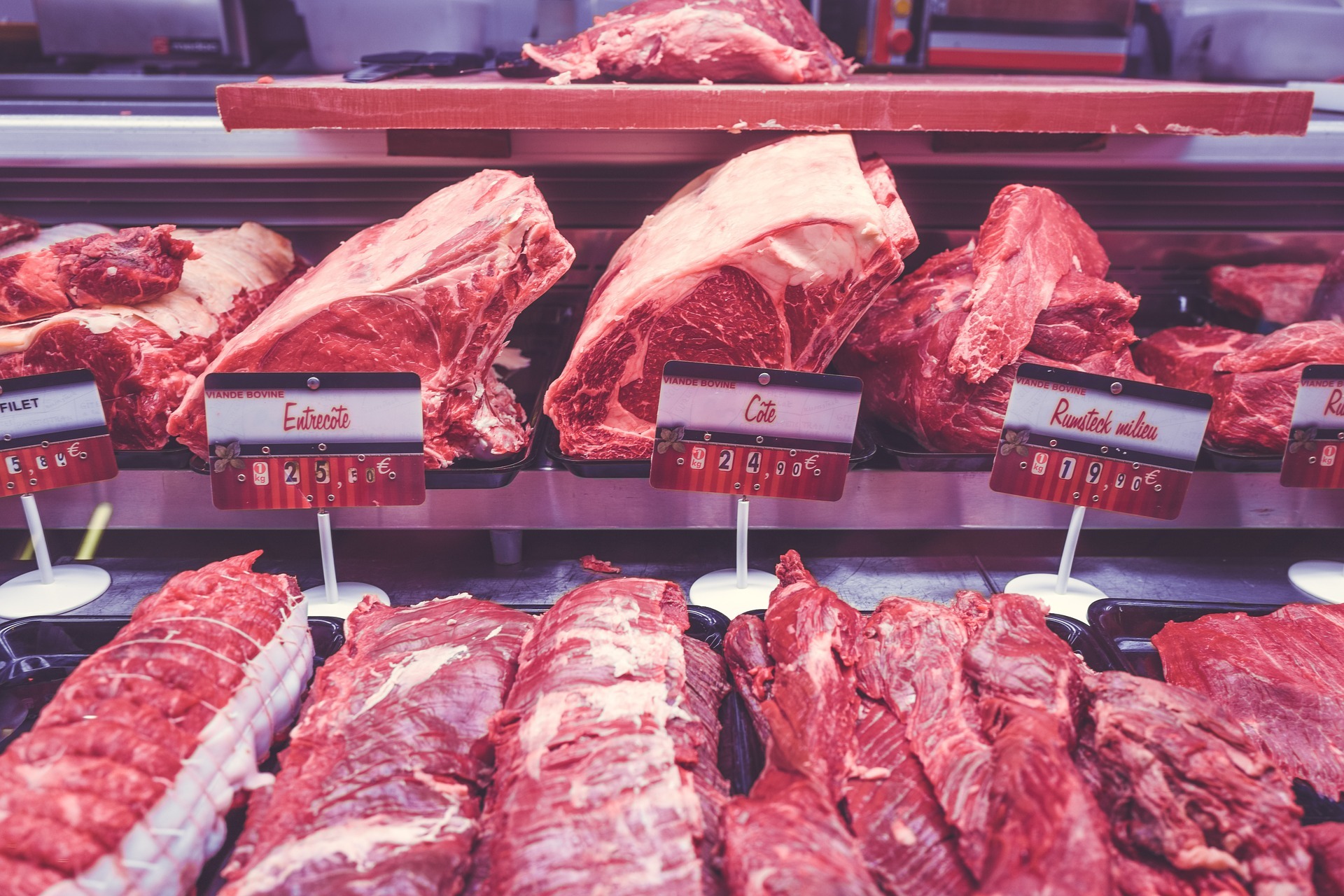
Of all the topics on nutrition this is probably the most widely talked about, debated, and publicized. The supplement industry will tell you that you need gobs and gobs of protein eaten every 2 hours and the FDA/RDA will tell you that you hardly need a fraction of that while others say you can get by with hardly any at all. What the heck IS the answer?!?
What is Protein
A protein is defined as “any of a class of nitrogenous organic compounds that consist of large molecules composed of one or more long chains of amino acids and are an essential part of all living organisms”

Dietary protein that we tend to think of are broken down into amino acids in your body. There are 20 amino acids,
11 of which the body can produce on its own called non essential amino acids and the other 9 must be obtained from your diet because your cells cannot manufacture them. These 9 are called essential amino acids and they are histidine, isoleucine, leucine, lysine, methionine, phenylalanine, threonine, tryptophan and valine. In basic terms amino acids are the building blocks of proteins that make up our muscle tissue. Sometimes people refer to foods that contain all 20 amino acids as “complete proteins” and foods that do not contain all 20 amino acids as “incomplete proteins”. Generally if a food is animal based or an animal itself then it is a complete protein. If the food is grown and contains protein then it is incomplete with the exception of soy. It is noteworthy to point out that combining incomplete proteins can fulfill all the amino acids necessary for a complete protein.

Why Protein
Let first start with why most people think they need to eat protein. The primary reason most people feel they need to eat protein would be to gain or maintain muscle mass. Protein also has several other functions in the body such as making up the hair, nails, muscles, producing and transmitting hormones that control metabolic activities of the body, producing enzymes that aid in digestion, transporting oxygen (A protein called hemoglobin contain iron atom which temporarily links with oxygen and releases it throughout the body), helping the immune system and producing antibodies just to name a few.
So how much do I NEED?
Determining your individual protein needs depends on a variety of factors so I will lay out the primary ones.
- Training & Muscle Mass If you are you training hard, heavy, and high volume with a goal of increasing muscle mass then you may need to consider upping your protein factor (discussed later) to a higher level for muscle repair. Likewise the more muscle that you have the more amino acids are required to maintain it.
- Calories & Carbs If you are aggressively dieting or in a large caloric deficit then your protein needs will go up. Individuals who are eating very low carbohydrates may actually need to rely on protein as an energy source. (protein can be converted to glucose, or carbohydrate through a process called gluconeogenesis)
- Protein Quality The quality of the protein is measured in several ways. Protein Efficiency Ratio (PER) Biological Value (BV) Net Protein Utilization (NPU) Protein Digestibility Corrected Amino Acid Score (PDCAAS). Not to get off on too large of a tangent on protein quality but generally beef, milk, yogurt, pork, eggs, turkey, fish and poultry are complete high-quality proteins that are highly digestible and contain all the essential amino acids. Manufactured Whey and casein is also considered high quality if purchased from a reputable source. Foods that typically score lower in quality tend to be the incomplete proteins such as legumes, rice, wheat and very fatty sources such as bacon.
So now let’s examine the current most widely accepted method of calculating protein needs and find one that fits for you.
RDA Recommendation
The RDA states that 0.8 g /kg is sufficient protein for the majority of the population. A pound is 2.2 kg’s so if you weighed 180 lbs you would take 180/2.2 and multiply by .8 and get 65.45 grams needed per day according to the RDA. RZ1 Nutrition considers this too conservative especially if you are engaging in resistance training or try to live an active lifestyle.
The Meathead Formula
We have all heard this one! The meathead formula of 1 g of protein per pound of body-weight. So if you weigh 200 lbs then you eat 200 g of protein. Like the RDA formula none of the aforementioned variables of exercise, calories, or protein quality are figured in. This formula also would warrant increases in protein if water and FAT increased which does not make any sense. Also if you increased your training volume or started to restrict calories then you would have to progressively eat LESS protein as body-weight decreased even though calories and training volume have been increased. In our opinion this formula vastly overestimates peoples protein needs as a whole and is not specific to the individual. Some people suggest using lean body-weight (LBW) which makes a little more sense but you still have issues with the other metrics not being factored in.
Neither formula outlined above is “bad” or detrimental per se depending on the individual. RZ1 Nutrition has come up with the following to dial your protein needs in. This method assumes decent protein quality.
Start with LBW x .8 (then add the following to the .8 if they apply)
Resistance Training: If you are training 3-5 hours per week pretty intensely add .1 If you are training more than this add .2
Calories: Below Maintenance add .2 at maintenance add .1 above maintenance add 0
This should get you in the ballpark and we hope that we helped you understand the factors behind your protein needs. Need help on your nutrition or have questions? Email us at coaching@macromissionary.com
